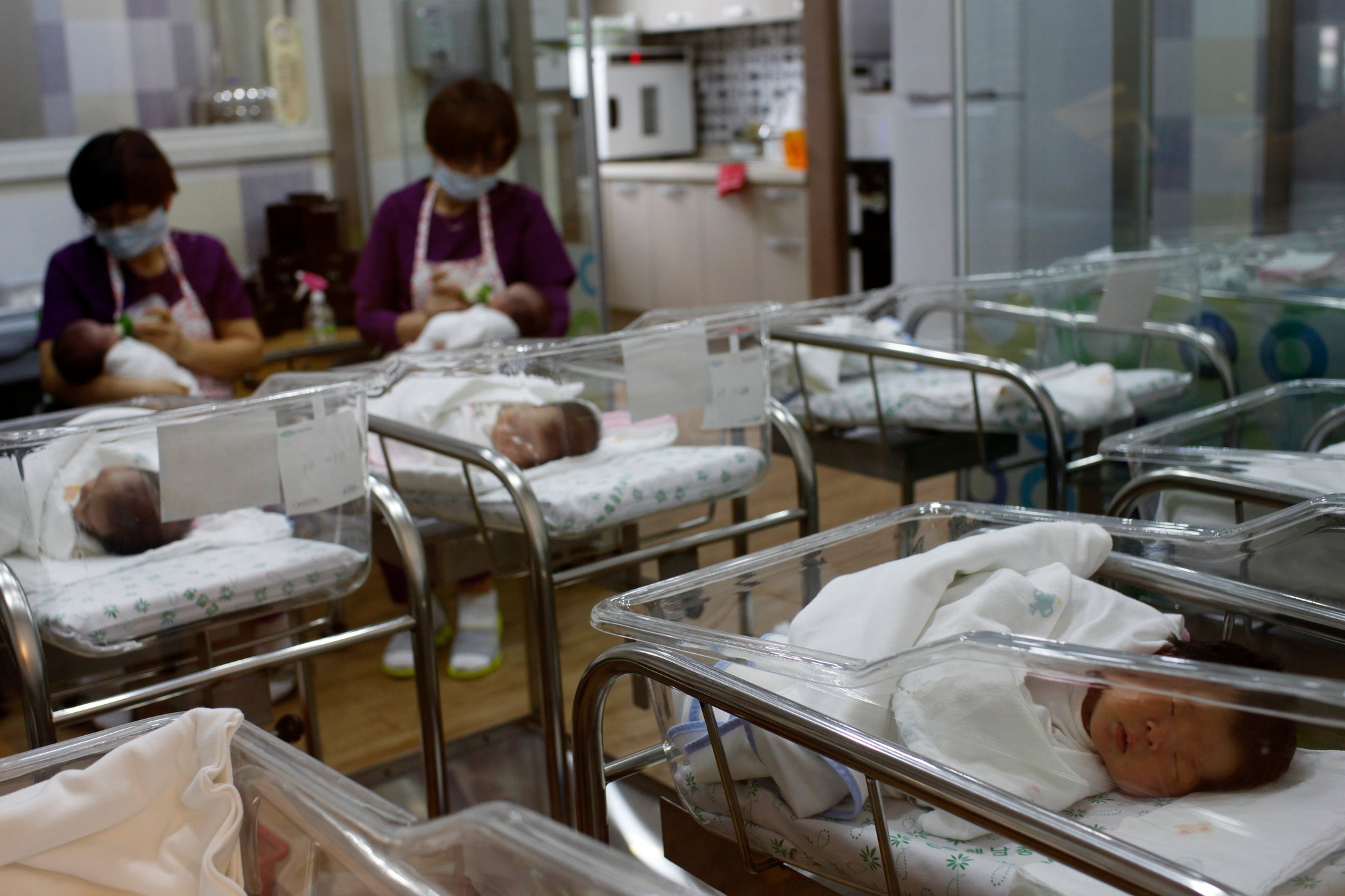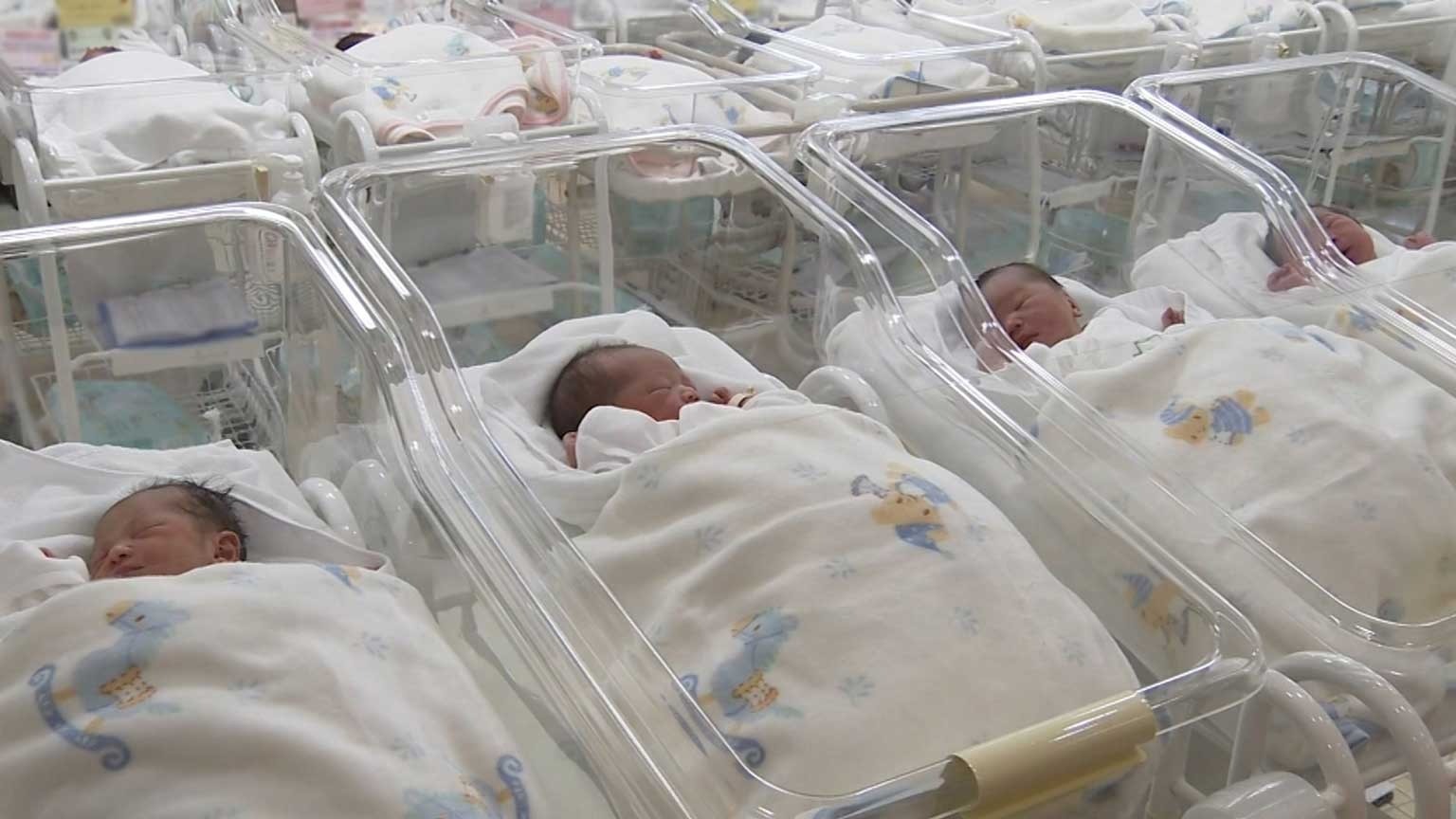South Korea has set a new record for the world’s lowest fertility rate, highlighting the challenges its aging population poses on its medical system, social welfare provision, and economic growth.
According to data released by South Korea’s National Statistics Office on Wednesday, the number of babies expected per woman in a lifetime dropped to 0.72 last year from 0.78 in 2022.
This decline has been accompanied by a 7.7% decrease in births, which fell to 230,000, marking a new low for comparable data in a nation of approximately 50 million people.

South Korea’s Breaks Records On Birth Rate (Credits: The New York Times)
The declining fertility rate in South Korea is a significant concern as it has implications for various aspects of society and the economy. A low fertility rate can lead to a shrinking workforce, negatively impacting economic growth and straining the country’s social welfare system.
An aging population can also pressure the healthcare system, as older individuals tend to require more medical care and support.
To address these challenges, South Korea has implemented various policies to encourage childbirth and support families, such as providing financial incentives for parents and expanding childcare services.
However, reversing the trend of declining fertility rates is a complex issue that requires long-term planning and sustained efforts across multiple sectors of society.
The record-low fertility rate in South Korea underscores the need for continued focus on policies and initiatives that can help support families and encourage childbirth.
By addressing the underlying factors contributing to low fertility rates, South Korea can work towards ensuring a sustainable demographic future and a prosperous society for all its citizens.
























